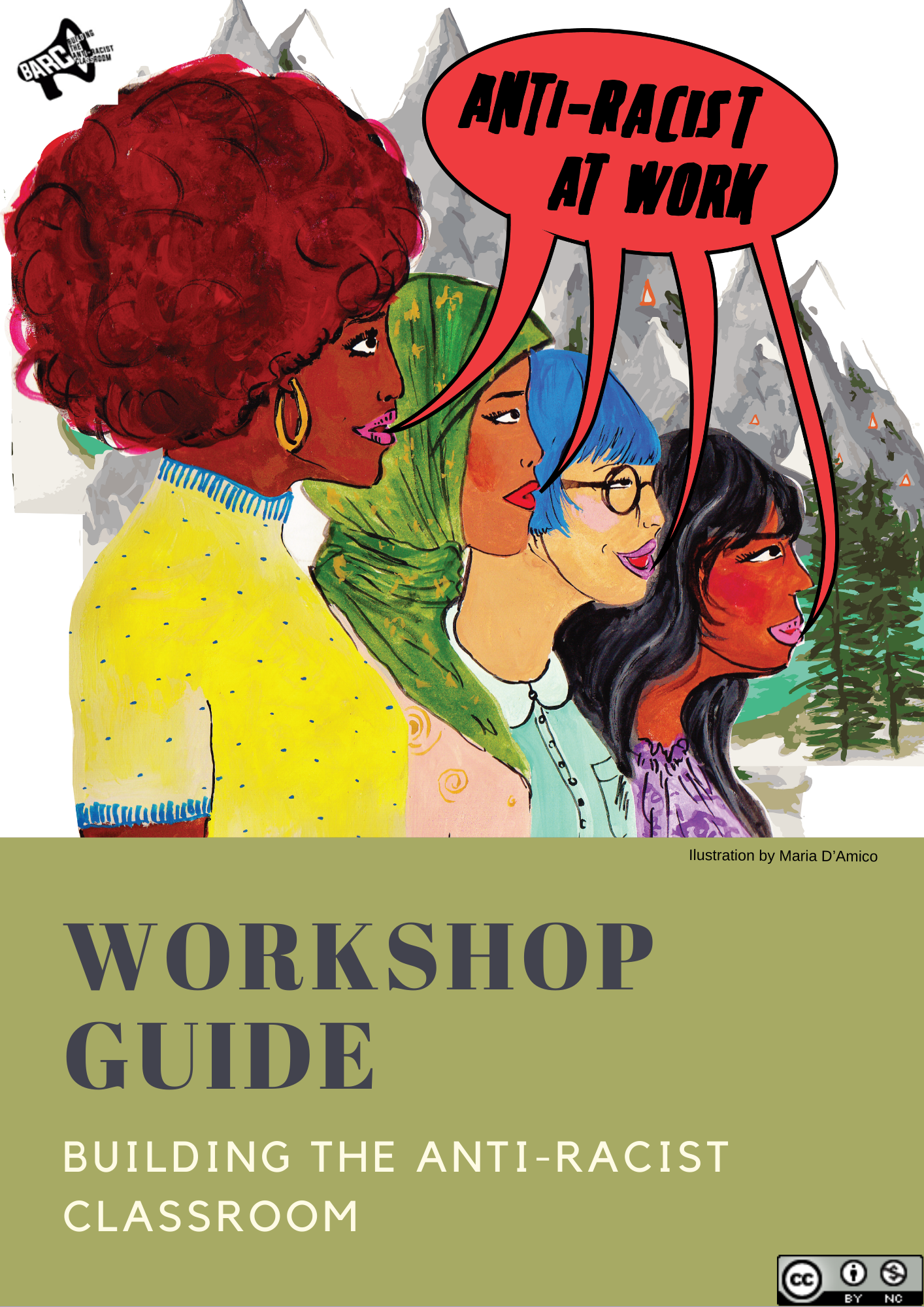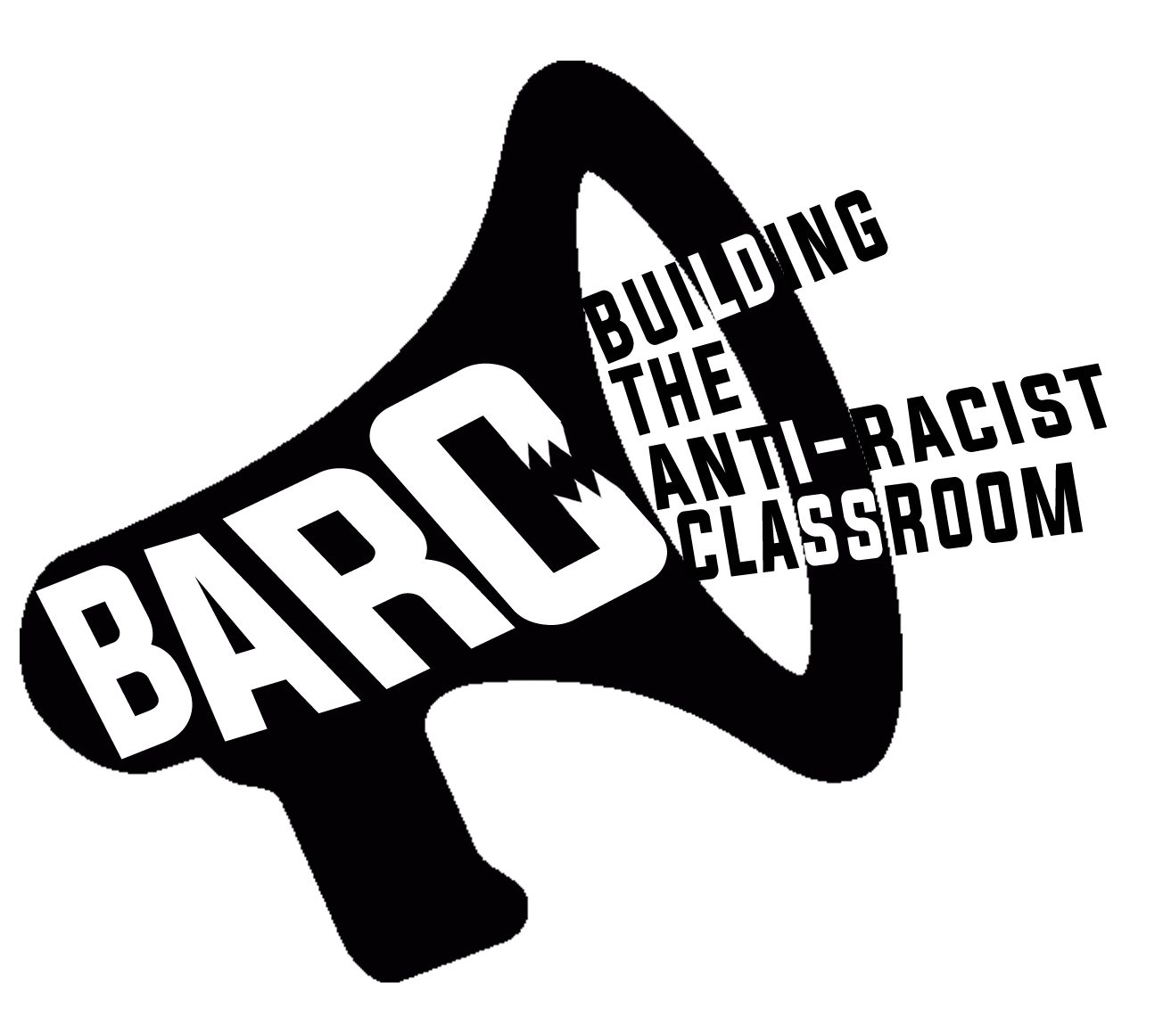
Too often anti-racist discourse in the academy is dominated by abstract discussions and theoretical approaches. However, the very nature of anti-racism demands proactive and conscious efforts to work against the multidimensional structures of racism.
For this reason, over the last six months, members of our collective - Sadhvi Dar, Angela Martinez Dy, and Deborah Brewis - have been working with student organiser Niroshnee Ranjan to create a practical guide to running your own anti-racist workshops. This guide is our contribution to help create intentional and proactive anti-racist work around the world, for the higher education context in particular. In it, you will find workshop modules that we also designed and facilitated. Drawing on our experiences of collectivising and community building, we offer the guide to support anti-racist scholars, students and practitioner communities in their own anti-racist journeys.
This guide provides comprehensive information about the different sessions you can run, how you can prepare for your workshop, our take on compensation for anti-racist labour, and so much more! The structure of the guide itself mirrors that of a workshop: beginning with guiding principles and frameworks, moving into activities, and then encouraging reflections. This guide also provides insight into logistical issues such as participant registration and welcome packs.
At the heart of this guide lies the importance of collective learning and community development. Relatively small interactions in our own communities teach us the skills needed to shape systemic change, and transform the world around us (brown, 2017). Therefore, we recommend that you undertake these sessions with a group of individuals as opposed to on your own.
In solidarity and struggle,
The BARC Collective, with Niroshnee Ranjan
Creative Commons Copyright © Building the Anti-Racist Classroom 2021

This work is licensed under a Creative Commons Attribution-NonCommercial 4.0 International License.
You are free to:
• Share — copy and redistribute the material in any medium or format
• Adapt — remix, transform, and build upon the material
• The licensor cannot revoke these freedoms as long as you follow the license terms.
Under the following terms:
• Attribution — You must give appropriate credit, provide a link to the license, and
indicate if changes were made. You may do so in any reasonable manner, but not
in any way that suggests the licensor endorses you or your use.
• NonCommercial — You may not use the material for commercial purposes.
• No additional restrictions — You may not apply legal terms or technological
measures that legally restrict others from doing anything the license permits.
How to cite this publication: Building the Anti Racist Classroom (2021).
Workshop Guide. Accessed at: https://barcworkshop.org/workshop-guide/
References
brown, adrienne maree (2017) Emergent Strategy: Shaping Change, Changing Worlds. Chico: AK Press.
